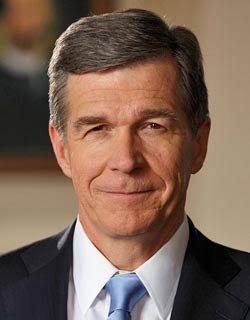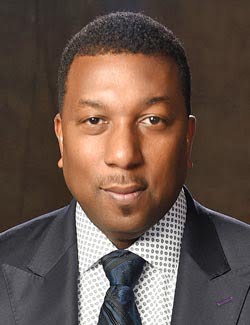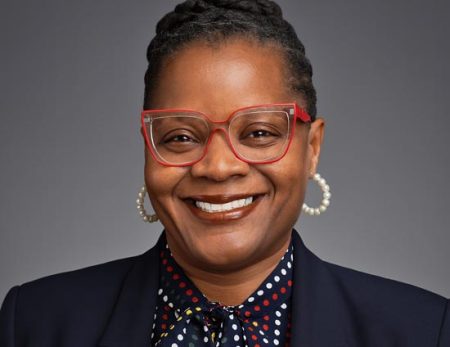Gov. Cooper Confers With HBCU Chancellors Amid New Bomb Threats
“We will use every tool to protect the safety of students and faculty on these campuses.”

By Cash Michaels –
Amid an active national FBI investigation, Governor Roy Cooper and NC Dept. of Public Safety Secretary Eddie Buffaloe, Jr., spoke with the chancellors of the five historically Black universities (HBCUs) in North Carolina that had been targeted by numerous bomb threats to review safety protocols.
At press time, the FBI has been investigating bomb threats to 58 institutions across the country, most of them HBCUs, since January. Thus far, there have been no arrests. No explosions have taken place, and no explosive devices have been found.
“We recognize the fear and disruption this has caused across the country,” the FBI said in a statement… We will continue our work to make sure people feel safe in their communities, schools, and places of worship.”
The FBI also confirmed that it is investigating the threats as “racially or ethnically motivated extremism and hate crimes,” which were received by phone calls, emails, and online.

It’s been confirmed that Gov. Cooper and Sec’y Buffaloe spoke privately with chancellors Harold Martin of NCA&T State University in Greensboro; Elwood Robinson of Winston-Salem State University; Dr. Johnson O. Akinleye, of NC Central University in Durham; Dr. Karrie G. Dixon of Elizabeth City State University, and Darrell T. Allison of Fayetteville State University.
“I am deeply disturbed by the recent reports of senseless bomb threats directed at HBCUs across our nation and particularly at Fayetteville State University,” Allison said in a statement. “Considering this threat, we acted quickly to ensure the health and safety of our university community. This university remains committed to our mission and vision of educating bright leaders all while making safety our first priority.”

NCCU Chancellor Akinleye echoed the concern. “It is an unfortunate incident because it is designed to create fear and intimidation to our students and disrupt our services but, as I said … we are a very strong community. We are not going to be deterred, and we are resilient about educating our students and will continue to do so.”
At press time, the most recent HBCU to have received a bomb threat, on Feb. 25, was Elizabeth City State University. Press reports indicate that the campus was evacuated immediately, and all students, faculty, and staff were urged to stay away until the campus had been properly searched.
“College campuses should be safe places to learn without fear of violence, and it is particularly disturbing that these threats are happening predominantly to our HBCUs,” the governor said in a statement afterwards. “We’re fortunate to be home to many distinguished HBCUs in North Carolina and will use every tool to protect the safety of students and faculty on these campuses.”
The NC Dept. of Public Safety says it is working with federal authorities to ensure the safety of the HBCU campuses.
“I can assure you that our law enforcement agencies and Homeland Security personnel within the Department of Public Safety are working with our federal partners and will utilize the resources we have to assist in the investigations,” Buffaloe said in a statement.
The Working Families Party, a progressive, multi-racial national political party, said, “The mere existence of Black schools, Black churches, Black political organizations, and Black business are a threat. We see upswings in these attacks as backlash to Black resistance, the exercising of independent Black political power, the influence of Black social movements.”
Anyone with information about the recent wave of HBCU bomb threats should call either their local law enforcement agency, or the NC Information Sharing and Analysis Center at (888) 624-7222, or email [email protected].








